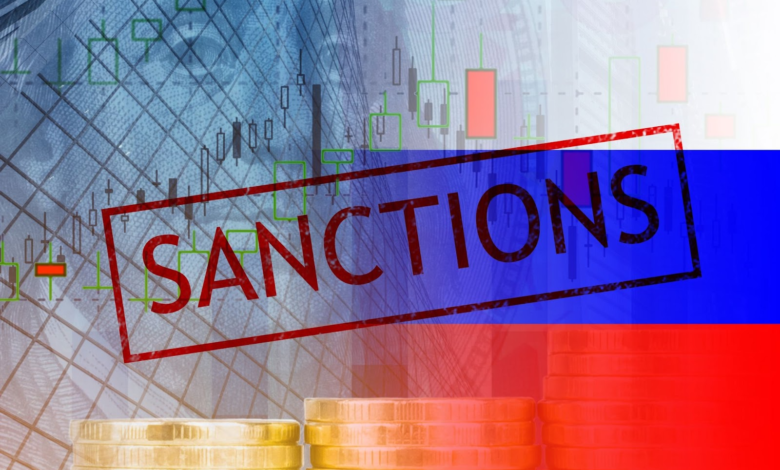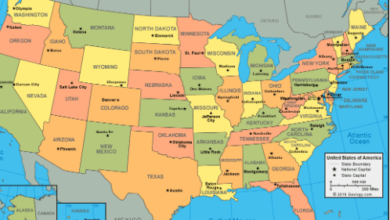Enhance the Financial Security with Sanctions Screening Compliance

Sanctions screening is becoming a staple of compliance and risk management in the highly connected modern financial environment. Bankers, remitters, and even online markets are increasingly under pressure to make sure that their dealings do not accidentally engage banned individuals, organizations or jurisdictions. As global lists of sanctions are regularly updated, and penalties against non-compliance go with millions of dollars, successful sanctions screening compliance is no longer a luxury, but a regulatory requirement and a protective measure to long-term institutional credibility.
The Importance of Sanctions Screening Compliance
Banks are not the only ones targeted by regulatory authorities in various countries of the world, as fintech firms, real estate firms, and e-commerce platforms are being affected by the sanctions. As per the latest report, the punishment imposed on breach of sanctions has been billions in the world over the past years, and thus the need to be careful. The compliance of sanctions screening is such that organizations get to implement a way to block and identify restricted transactions before it takes place. This preventative measure lowers the chances of encouraging money laundering, financing of terrorism or transactions with forbidden states. By ensuring real-time sanctions screening procedures, the businesses do not only escape regulatory punishments but also express their ethical financial practices.
Sanctions Screening Compliance Automation
Manual compliance checks are no longer sufficient as the financial system moves towards more digitalization. The screening compliance of sanctions automation has proved an innovative solution, and the institutions have been able to optimize the process and work with large volumes of data more precisely. Advanced algorithms, machine learning, and artificial intelligence are applied in automated systems to be able to monitor transactions against several sanctions lists at the same time. This method eliminates human error, it becomes quicker to decide and enables the compliance team to concentrate on challenging cases instead of the routine. Automation does not only help save time but also leaves a trail of auditors to the regulator, which is a major aspect in compliance auditing.
The Reason Why Real-Time Sanctions Screening is Necessary
In a world where money can be sent internationally within a few seconds, slow compliance checks can leave an institution in a lot of trouble. It is necessary that the organizations that handle high volumes of transactions conduct real time screening of sanctions. As an example, online payment platforms and digital wallets process millions of transactions per day, and any lapse in time can lead to the violation of the sanctions. Through incorporating live sanctions list screening into their system, organizations will have the ability to immediately detect red flags and ensure that illegal funds cannot access their systems. This does not only enhance compliance, but also instills customer belief of the financial interactions being safe.
Sanctions List Screening Problems
Screening is still difficult on the sanctions list regardless of the technological advancements. International bodies and regulators frequently update the sanctions lists. To prevent this, organizations should be screening on the latest data which may not be easy to do without the use of automated solutions. The other nagging problem is false positives which are usually due to common names or incomplete information which delays genuine transactions. These issues have to be dealt with by a moderate method that involves high-level automation and staff trained to read and confirm alerts.
New Trends in Screening of Sanctions
To meet the geopolitical tensions, the computer security threats and changing terrorist financing methods international authorities have tightened their sanctions programs. The past few years have witnessed a sharp rise in the use of sanctions on cybercriminal networks and digital assets. This underscores the increasing necessity to introduce real-time screening of sanctions in both conventional and non-conventional financial industries. Besides, cryptocurrency exchanges are also coming under the scrutiny of the regulators that are now requiring strong screening in sanctions to ensure that they do not abuse their actions in illegal money transactions.
Key Highlights
- Screening of sanctions guard the companies against fines and reputation loss.
- Sanctions screening compliance can be automated to improve precision and minimize human errors.
- Sanctions screening real-time type of screening protects against immediate threats of a fast-moving financial setting.
- Sanctions list screening should be adjusted to continuously renewed sanctions databases in the world.
- Sanctions programs are also being widened by regulators, which is a challenge to compliance.
The Road Ahead
In perspective, sanctions screening may be even more rigorous in the future in accordance with the development of financial crimes. The institutions need to focus on implementing advanced compliance technologies and also investing in skilled professionals who can work with exceptions and maintain integrity of the systems. Automation, real-time monitoring, and adaptive sanctions list screening can help businesses to stay on the leading edge of regulatory requirements and become more powerful in protecting the global financial ecosystem.
Conclusion
Sanctions screening has ceased to be merely a checkbox on the sanctions compliance list, it is an important defense mechanism against financial threats in the global context. Through screening compliance of sanctions, automation of sanctions screening compliance, and use of real time sanctions screening strategies, the institutions can reduce risks, protect their operations, and maintain a positive perception of the people. With screening getting more complicated as sanctions list, those organizations that invest in both technology and experience will be in the best place to flourish in a more regulated world.





